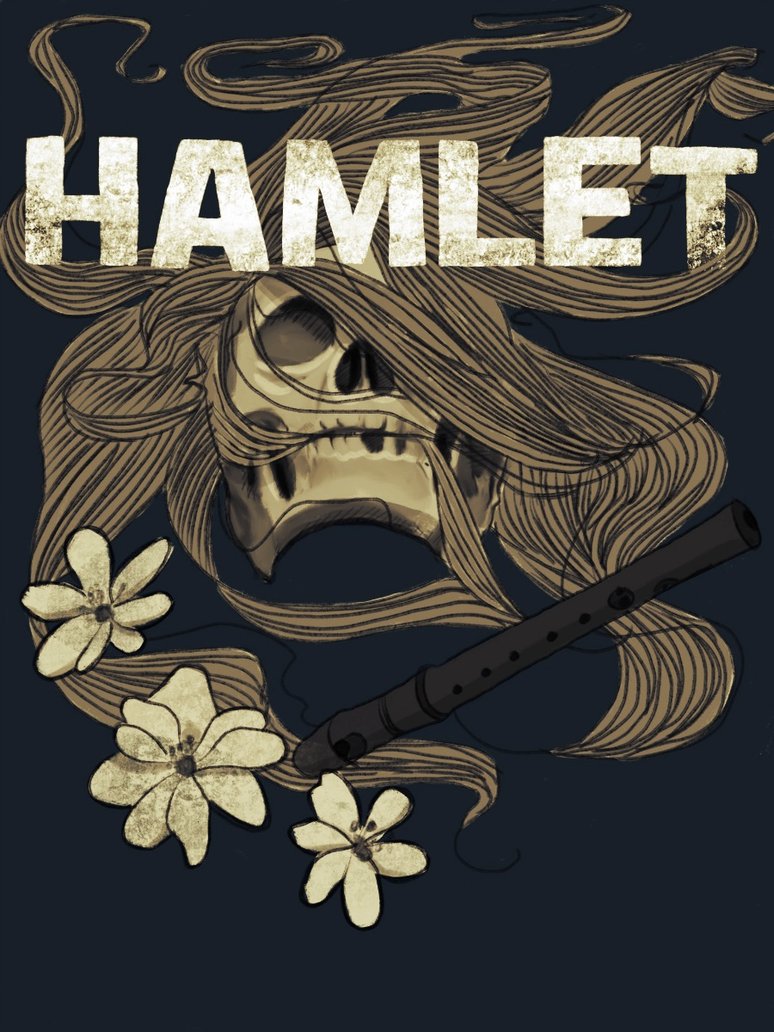Maya Angelou’s birthday is April 4th, 2018 when she would have been 90 years old. Her book “I Know Why The Caged Bird Sings” is well known. Freedom resonates, and her life resonates with many who have struggled and have compassion. She writes with a passionate intensity and her book of poetry, “I shall not be moved”, touches our hearts with the collection of poems it presents.
She captures the pain and progress of being black and struggling to be free. Her poems are deep with wisdom, reflecting the feelings of spirituals, jazz and the blues. They celebrate life and reflect the true nature of forgiveness. Old people look back at life and laugh at what it did to them, and the young still suffer. The phrase, “I shall not be moved” is from her poem, “Our Grandmothers” . A slave mother is running away with her children, because her master wants to sell them and split up the family. The more modern day working poor have their place in the poem, standing and waiting for welfare.
Her poems seem to offer forgiveness for slavery and she uses the beauty of nature to soften her tone and message. The book has several poems. Some show, like the blossoms in nature, a blooming of a better day. She overcomes. She is indeed not moved, and hopefully we will not be moved from the poignancy and relevance of her messa
See the Literary Favorites Section for more on Maya Angelou
She used her skills to leave people feeling different because of what she wrote. Her writing approach has been sometimes labeled "autobiographical fiction" because it went beyond some traditional bounds....................................more on this in Literary Favorites section














































